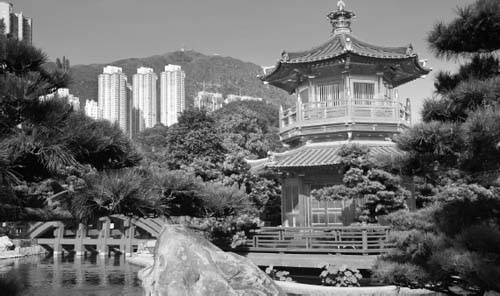Confucianism, the Literati, and Chinese Imperial TraditionsHistory and Sources |
Did Confucian tradition ever come into conflict with the wishes of an emperor? |
In 213 B.C.E., Emperor Qin Shi Huang Di accepted the recommendation of his prime minister, Li Si, that all books—except the history books about Qin—be burned. Li made this recommendation to strengthen Qin’s authority and to give him greater control over the scholarly class. All the books of lyrics and the writings of the various schools of thought were to be brought to governors of prefectures for burning; those who had these books and would not burn them within thirty days were to have their faces branded, then be sent to labor for four years on the Great Wall. Those who dared to talk about these books were to be executed. Those who quoted the past to criticize the present were to be killed together with their entire families. Those who knew of and did not report violations were to suffer the same punishment. The only books that were not to be burned (apart from histories of Qin) were books on medicine, divination, and tree planting.
During the next year, 212 B.C.E., some Confucian scholars and magicians talked among themselves, accusing the emperor of being power hungry, prone to kill and punish, and neglectful of intellectuals. When Qin Shi Huang Di learned of their dissent, he ordered a thorough investigation, during which the scholars blamed each other, rather than admitting to the criticisms. Finally, it was discovered that more than 460 scholars were involved. Qin Shi Huang Di ordered them all buried alive in the capital.

Pavilion of the Absolute built during Tang dynasty.
